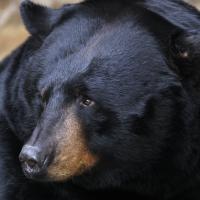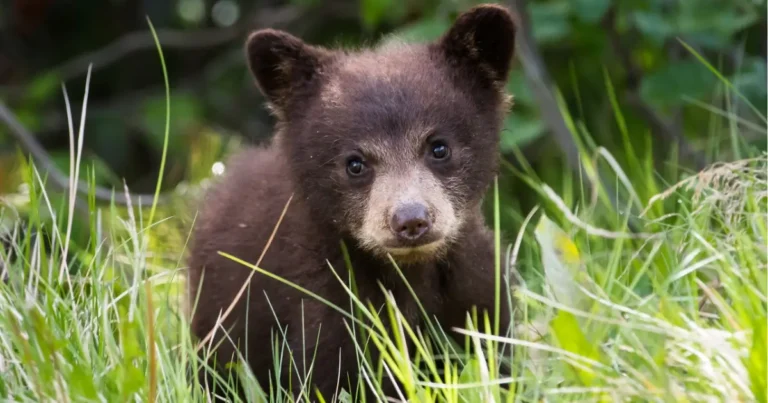
In recent days, two Canadians – a 27-year-old man in Northern British Columbia and an 11-year-old girl in Manitoba – were found dead. In both cases, the involvement of bears is suspected.
However autopsies have not yet revealed causes of death – one the few facts known in these cases is that injuries (it’s unknown if they’re postmortem or perimortem) consistent with bear attacks were observed on the bodies of the deceased.
Both of these events are tragic. The loss of a loved one, particularly when both are so young, is painful to even outside observers. Unfortunately, these tragedies may lead to – and in one case have already led to – more tragic deaths.
In the case of the camper near Parsnip River in BC, responding law enforcement officials first shot a wolf found near the body, and later a bear. It remains unknown if either were involved or responsible for the death of the camper.
It is imperative that we – as a society – try to remain pragmatic in these cases. Our emotional responses are justified and reasonable. But we must realize that wild animals such as bears, wolves, coyotes, cougars and even raccoons will eat carrion – and once a human has died, in the wild, they become no different than a deceased wild animal. Particularly in the case in BC, two animals who may have had nothing to do with the tragic death of a 27-year-old man were killed, simply for being in the area.
Our thoughts and prayers are with the families who have lost loved ones. And we ask, with the utmost respect and empathy, that these communities be cautious in seeking vengeance or an easy answer. Long before lethal action is taken, we must first understand what truly happened.
Learn to reduce potential conflict with animals such as bears in our website's Living With Wildlife section.
